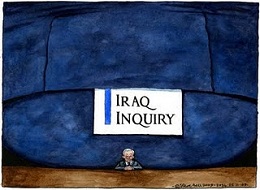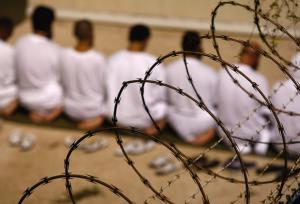If Chilcot is our finest inquisitor, thank heavens for WikiLeaks

A couple of weeks ago, the Canadian television presenter Richard Gizbert asked a panel at the Frontline Club in London what effect WikiLeaks' disclosure of American cables might have had during the run-up to the Iraq war. Would the kind of revelations we saw last year have made it impossible for Tony Blair and George Bush to invade Iraq on the basis of claims about weapons of mass destruction?
Obviously, publication would have made deceit and obfuscation vastly more difficult, because the more the public is made aware of what governments know and don't know, the more difficult it is for politicians to follow messianic crusades of their own. That is one of the crucial arguments in favour of publishing such material. Contrast the clear shafts of light that spread from publication of the cables with the interminable ramblings of John Chilcot's committee of pensionable British worthies and you find yourself regretting that the manoeuvrings of Blair and Bush were not exposed to similar scrutiny in 2002 and 2003. Is it any wonder that the internet generation largely supports the dumping of raw information by whistleblowers on the web when they see figures from the 20th-century British establishment like Chilcot forlornly apply to make public two letters from Blair to Bush, only to be refused on the grounds that prime ministers and presidents have a right to keep their correspondence private?



























